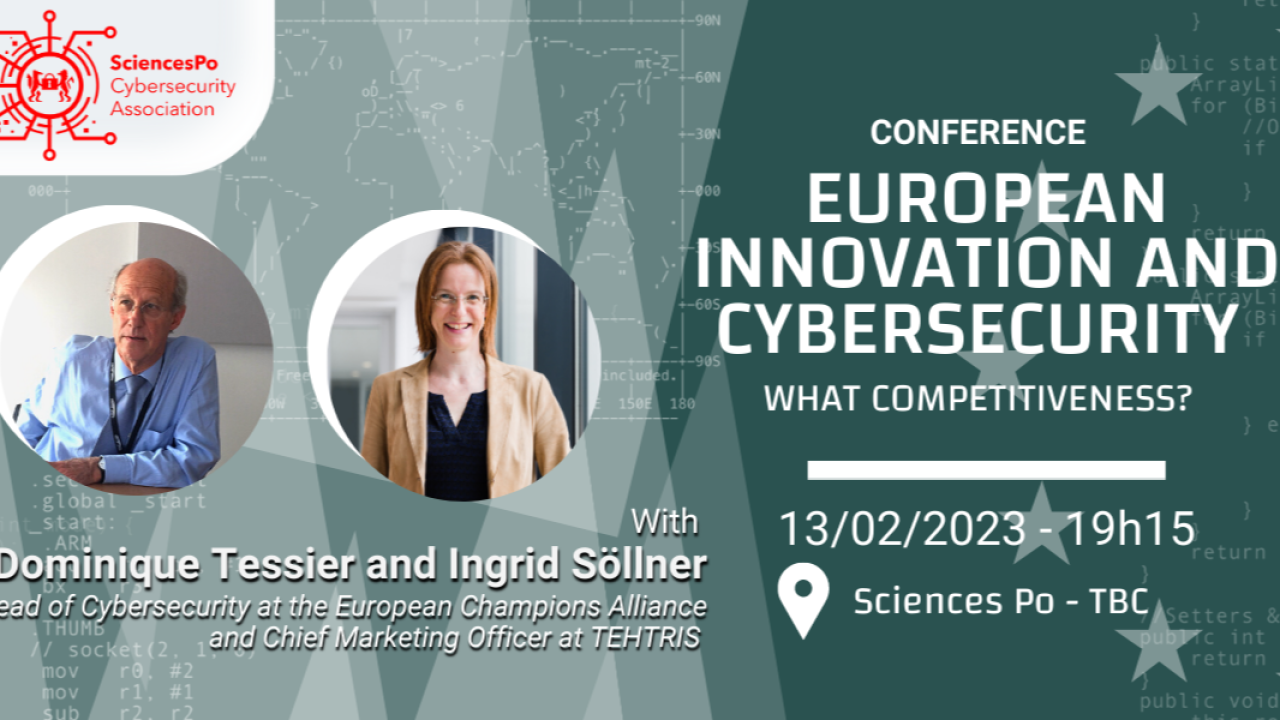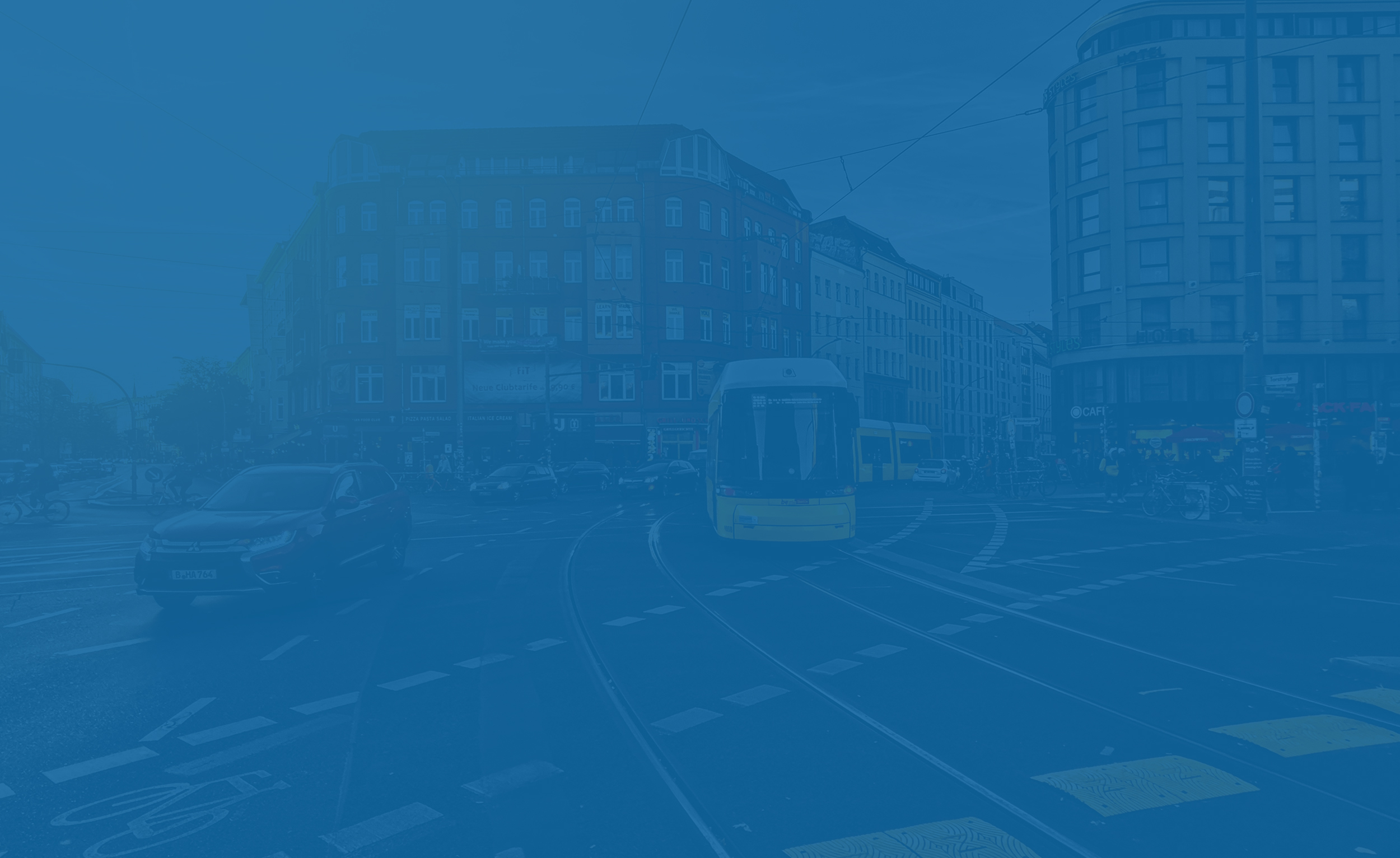
14 Mar European Innovation and Cybersecurity: a conference on European competitiveness
The world we live in is becoming more and more interconnected. Almost everything we do is through technology, which means we’re generating more and more data. With more data comes more risk, especially when it comes to cybersecurity. Cybercrime is a massive industry that costs more than 6,000 billion euros a year. And what’s more, hackers are getting better at their craft, making cyber-attacks more sophisticated.
At a recent conference hosted by Sciences Po, cybersecurity was discussed at length. The conference covered everything from the latest hacking techniques to the products and services available to protect against cyber-attacks. Here’s a brief synopsis of what was covered:
- In the shoes of a hacker: The world of hacking has changed dramatically in recent years. What was once considered “fun-hacking” is now a full-fledged industry with clear goals and even a business model. There are two main families of hackers: those who use extortion (e.g. ransomware attacks) and those who aim to disrupt competitors or even states. Both rely on sophisticated methods and include a chain of players.
Hackers use various methods to infiltrate systems, including phishing and brute-force attacks. They can also target industrial systems, as we saw with the grid in Ukraine. And every entity is fair game, including healthcare organizations. To make matters worse, hackers can even use compromised suppliers’ products or services to access a target’s systems. - Attacks and Shields: What European players offer: Fortunately, products and services are available to help protect against cyber-attacks. European players offer a variety of solutions to prevent infiltrations, protect data, manage, detect, and respond to threats. These include anti-virus software, email protection, identity and access management, encryption, and more. There are even solutions specifically designed for industrial systems and the application layer.
- Go European – Strengths and weaknesses:
- European companies have some key strengths when it comes to cybersecurity. They have a deep understanding of the regulatory landscape, including GDPR, which is critical when it comes to protecting data: European providers avoid copying customers’ data. At the same time, it’s a no-brainer for US suppliers. They’re also highly adaptable and can cater to specific needs. And, perhaps most importantly, they understand that cybersecurity is a matter of sovereignty, especially in the age of hybrid warfare.
- In Europe, there is a pool of highly qualified engineers. These professionals have expertise in various fields and can deliver innovative solutions to complex problems. European companies are known to be at the forefront of technological innovation, focusing on topics such as Artificial Intelligence, Deep Learning, and Automation in no-code programming. These cutting-edge technologies are driving the digital transformation of businesses across industries. In the field of cybersecurity, there is a trend towards consolidating solutions. This approach allows businesses to manage their cybersecurity needs better, streamline operations, and improve their overall security posture.
That being said, there are some weaknesses to consider. Europe has highly qualified engineers, but not enough ! And so far, the lack of women in Cybersecurity jobs is conspicuous. European companies have been slower to secure financing support – though the trend these last two years is more positive – and their marketing has not caught up with that of US companies. Additionally, buyers have a tendency to look in one direction when it comes to cybersecurity solutions, which can make it difficult for European companies to gain traction.
But the European Cybersecurity Agency (ENISA) is working to address these issues and define common rules at Europe’s scale. Even though more slowly than we would like, even if they are under constant pressure by pro-US suppliers lobbys. Let’s be clear, we do NOT advocate a “moral obligation to buy European”, which would probably be counter-productive, we prefer to recommend “please take the time to compare”, as we trust a fair comparison would more than often result in choosing European Cybersecurity.
In conclusion, the world of cybersecurity is constantly evolving, and it’s important to stay up-to-date on the latest threats and solutions. Fortunately, a variety of products and services are available to protect against cyber-attacks, and European companies have a lot to offer. With the support of the ECA, European cybersecurity solutions will continue to thrive and keep us safe in an increasingly connected world.


